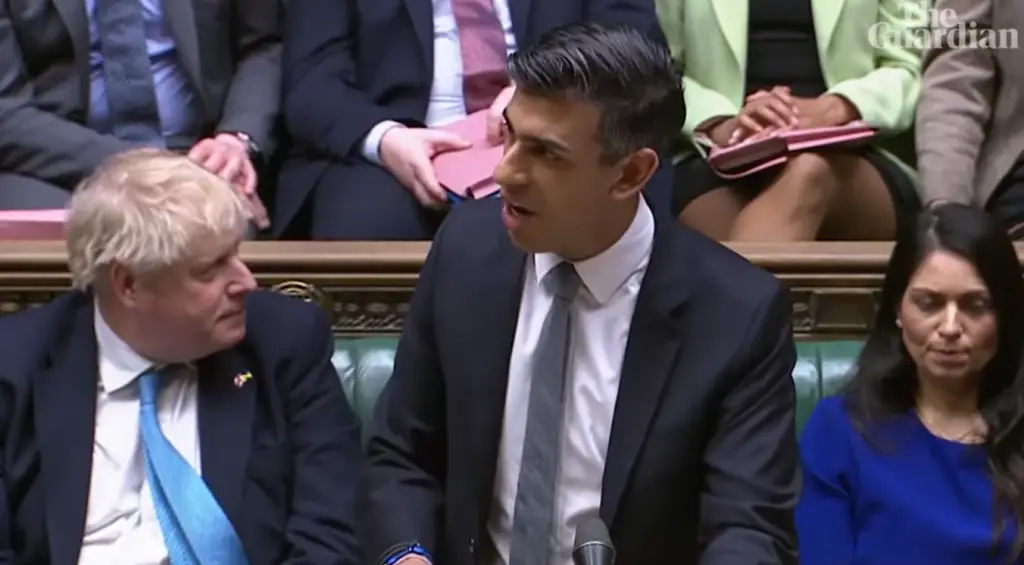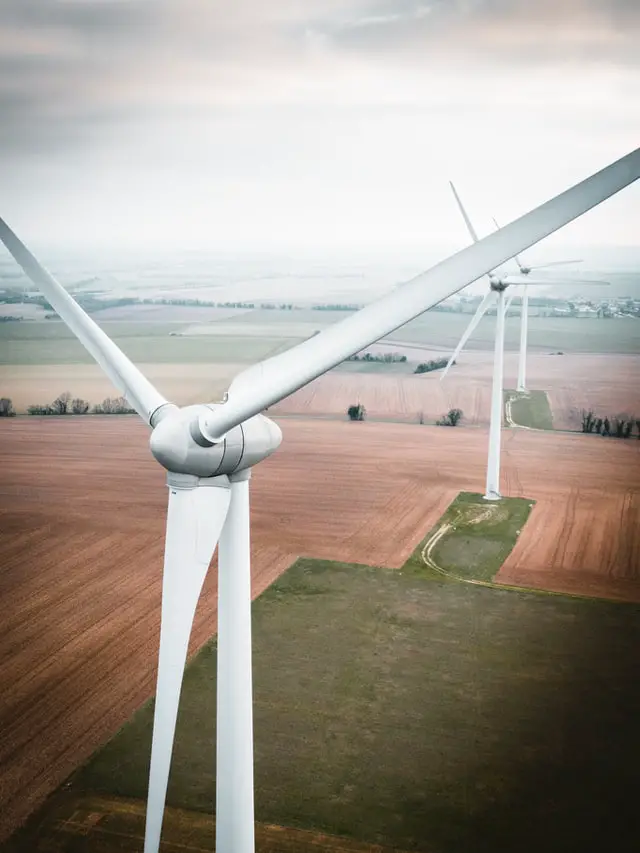The government might not have offered heat pump loans before, but it has long been incentivising the uptake of renewable energy, with schemes such as the Renewable Heat Incentive (RHI). Despite this, many are saying that not enough is being done quickly enough for the UK to meet its ambitious climate targets and do its bit to pull humanity back from the brink of a climate disaster.

The climate emergency has been focusing minds in Holyrood and Whitehall for years now, and Scotland’s impressive roll-out of wind turbine technology and seen it lead the way in renewables for the UK, if not the world.
But the cost of living crisis, driven in no small part by ever rising global energy prices, and now the war in Ukraine creating a perfect storm of supply issues, rising demand and the impact of sanctions against Russia, is now forcing politicians to think outside the box. And about time, too.
Table of Contents
Government energy loans

Before Rishi Sunak’s Spring Statement earlier today, where he announced a series of measures aimed at helping households through the current cost of living crisis, he reportedly gave a green light to cheap taxpayer-backed heat pump loans to help homeowners cover the costs of installing heat pumps.
The loans also apply to other energy efficiency materials such as insulation and solar panels, but the cheap heat pump loans got our attention, for obvious reasons.
Following on from the heat pump loan reports, Sunak’s Spring Statement to the Commons brought more good news for those looking to take advantage of green energy, with the announcement of a cut to VAT on those same energy saving materials, including heat pumps, insulation and solar panels.
He acknowledged that some items already qualify for 5% VAT relief, albeit with complicated rules around who is eligible, so the new announcement is not quite as generous as it first appears. Nevertheless, this is new money being identified for the funding of renewable, energy saving measures for the UK’s homes.
Sunak blamed the European Court of Justice for previously restricting the eligibility of energy saving relief in 2019 and credited Brexit with removing this constraint.
For the next five years, homeowners will pay zero VAT on work to install solar panels, heat pumps or insulation. He also said that the government would reverse the EU’s decision to take wind and water turbines out of scope and zero-rate them as well.
To illustrate what these changes could mean, the Chancellor provided an example of a family having solar panels installed potentially saving £1,000 in tax, not to mention savings of £300 per year on their energy bill.
Northern Ireland won’t benefit from these changes due to the Northern Ireland Protocol, but Rishi Sunak said that a Barnett contribution would be made that would be equivalent to the tax savings that the rest of the UK will benefit from.
Wider government financial assistance

In addition to the help for those installing green energy materials, the Chancellor announced an increase in the National Insurance threshold of £3,000 to £12,570 per year and a cut in fuel duty of 5 pence per litre (for one year), which will help to bring down the pressure on household budgets a little.
Critics say these measures don’t go nearly far enough. Indeed, one Member of Parliament present in the chamber for the announcement could be heard saying, “Is that it?” in response to the Chancellor’s speech.
How much can I borrow with a green energy loan?

The UK infrastructure bank, the new government-owned policy bank, which is providing £22 billion of finance for infrastructure, aims to form partnerships with the private sector and local government bodies to give birth to a new industrial revolution.
The revolution this time will be green rather than the grey of the smokestacks that powered the first industrial revolution. The new banks stated aim is to drive growth across the UK by financing green infrastructure.
Heat pump loans
There is no information yet on exactly how much money could be borrowed by homeowners for installing heat pump systems. Harriet Lamb, CEO of Ashden – the climate charity – has said that she is encouraged to see Rishi Sunak prioritising the energy efficiency of our homes and renewable heat in the guidance that he gave to the UK infrastructure bank, but she also pointed to the need for more skilled trades people and heat pump technicians to deliver the work.
Heat pump installers
This is a point of view that Greg Jackson the Chief Executive of Octopus Energy has been saying for a while. His vision is for innovation in the heat pump sector that will drive down the cost of heat pump units through collaboration with manufacturers.
He has gone further than this with the creation of a huge heat pump innovation and training centre near Slough, where he has built replica houses that will be used to practice the installation and removal of heat pumps so the process can be optimised and made as efficient as possible. Making the installation process more efficient will in turn drive down the cost to the consumer and make heat pumps available to the masses.
Heat pumps saving the planet and the pocket
If Jackson is successful in bringing the cost of heat pump installation down, and if the expectation that, following Rishi Sunak’s announcement, high street banks will offer loans for energy efficiency projects at very low interest rates, we could see thousands of new green energy projects coming forward very soon.
Not only could these loans unlock green energy investments for households up and down the country, they might also help to ease the pressure on household finances by enabling families to take advantage of more efficient forms of heating that will save them money going forward.